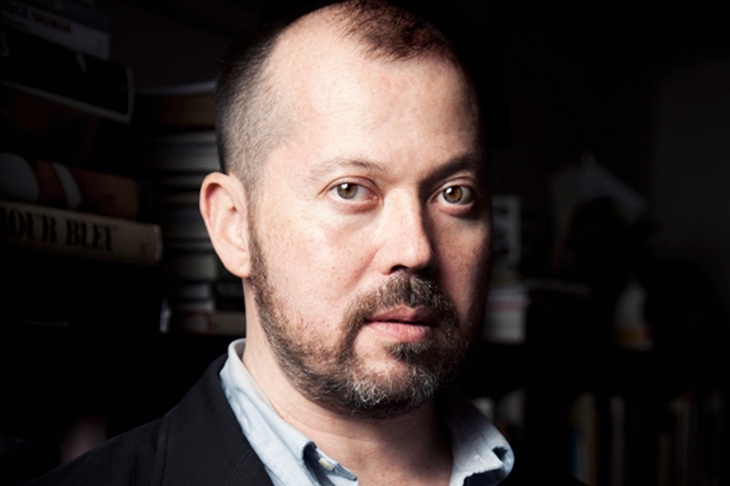Orhan Pamuk, writing about Vladimir Nabokov’s masterful memoir Speak, Memory, noted that there was a particular ‘thrill’ for the writer who calls ‘something wholly autobiographical fiction, something wholly fictional autobiography’. When Nabokov did this, Pamuk said, it changed ‘the secret centre of the story’. The fertile interplay of fact and fiction animates a pair of books by the Korean American author Alexander Chee: one a collection of essays, the other Chee’s debut novel, published in the US in 2001 but appearing in Britain for the first time.
There’s something strangely nostalgic about reading Edinburgh (it’s set in Maine; the title is a reference to a book that features in the novel). Written in the early 1990s and originally rejected by 24 publishers before being issued by a small, now-defunct press, Edinburgh has gained a cult following in recent years, driven by the success of Chee’s second novel, the gaudy and expansive The Queen of the Night. The publishing scene at the time that Edinburgh was being written was dominated by misery memoirs, the lit-crit landscape by new ideas about trauma and recovered memory. It feels like these two come together in Chee’s tale of Fee, a Korean American choirboy, aged 11 at the book’s start, who is abused at singing camp, tormented by guilt for not preventing the abuse of his friend Peter, and then, years later, dredges up recollections of this abuse when he develops an obsessive interest in one of his students.
There are repeated references in Edinburgh to mythology, both Japanese and Greek, and particularly to tales of metamorphosis and transformation. We understand that this is what abuse does to the victim; that there is always a before and an after, the shadow-presence of the child who wasn’t molested walking alongside the one that was. It’s painful to read the early scenes of Fee’s abuse, but much of that pain comes from the fact that Chee doesn’t shy away from showing how much the newly pubescent Fee enjoys some aspects of the abuse, the way that, necessarily, early sexual encounters — even ones as horrifying as these — provide blueprints for our adult desires.
Edinburgh is a fine first novel, but the reason behind its reappearance is the publication of Chee’s heartfelt, writerly essays, many of which detail the strange gestation of his debut. In a piece towards the end of the collection, called ‘The Guardians’, Chee writes of teaching a class about stereoscopic narratives — stories presented from multiple viewpoints — to his creative writing students. This idea of being presented with competing accounts of a single event is a familiar literary trope, but reading Edinburgh alongside essays about it is an obscurely compelling experience, as if the author were whispering in your ear as you read his book. We are granted privileged access to the ‘secret centre’ of the story, witnessing the sublimation of autobiography into fiction, the mysterious process of enchantment by which Chee turns the chaotic facts of his ruined childhood into the elegant, emblematic fiction of Fee.
Chee describes Edinburgh as a palinode, an exculpation for a historical sin. As a young man in New York, he appeared in a film about gay life called Sex Is… In it, Chee spoke flippantly of the abuse he suffered, as ‘an education, even a liberation’. Edinburgh is a 228-page refutation of this claim, picking through the aftermath of the abuse, showing the repercussions echoing down the years. It’s interesting that Hanya Yanagihara, the author of A Little Life, was one of the editors that turned down Edinburgh. Reading Chee’s debut and essays together has an impact not unlike that of Yanagihara’s novel — the sense that you’ve been plunged deeply into the pain of another, that you, too, simply by this contact, have been changed. It’s not a pleasant reading experience, but it’s a powerful one.






Comments